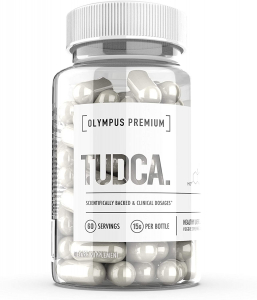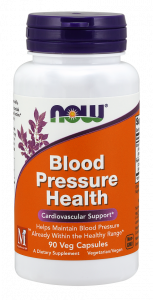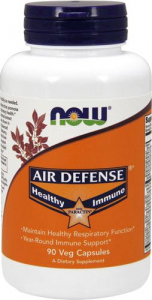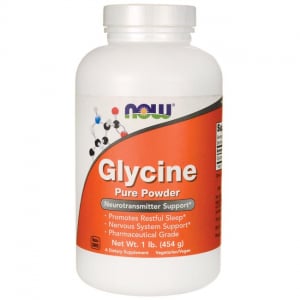- Descriere
- Review-uri (0)
- Supports eye health**
- Helps contrast sensitivity, one of the key factors that contribute to night vision**
- With antioxidant factors**
- Contains a one- to two-month supply of softgels
Lutein/Zeaxanthin
Lutein (pronounced loo-teen) and zeaxanthin (pronounced zee-uh-zan-thin) are types of pigments found in plants called carotenoids. Carotenoids are what give many fruits and vegetables their bright red, orange and yellow colors. The name lutein actually comes from the Latin word luteus which literally means yellow. Carotenoids play vital roles in the growth and safety of many different plants but when they are consumed in a healthy diet, they offer benefits to humans as well.**
Even though they cannot be produced in the body, lutein and zeaxanthin from the diet are stored in the eyes. In fact, lutein and zeaxanthin are the only carotenoids found in appreciable levels in the macula.3 The macula is the area of the retina with a high concentration of specialized photoreceptor cells and is responsible for sharp focus on objects straight in front of you. With so much light entering the eye, and the cellular activity of sending these visual signals to the brain, the retina is an area of high oxidative stress.
Lutein helps filter out high energy blue light from the sun and artificial light before it reaches those important photoreceptor cells.** Blue light may otherwise induce oxidative stress and possible free-radical damage to the eyes. Zeaxanthin is preferentially placed in the very center of the macula. This is the area most responsible for sharp, central vision. Due to this positioning, zeaxanthin may provide additional benefits to lutein supplements for eye health.** Lutein and zeaxanthin both nutritionally support the health of your eyes to support healthy vision.**
Lutein and Zeaxanthin are not made in the body so they must be obtained through the diet. Dark leafy green vegetables are particularly good sources of lutein and it can also be found in small amounts in egg yolks and avocados.6 Dietary sources of zeaxanthin include many orange-colored foods such mangoes, orange juice, corn, and orange peppers.6 On average, Americans are estimated to get less than 2mg of lutein per day through food alone7 and the lutein: zeaxanthin ratio in the diet is about 5:1.
Supplement Facts |
|
| Serving Size 1 Softgel | |
| Amount Per Serving | % Daily Value |
| Lutigold™ Extra Blend: | 20 mg ** |
| Lutigold™ Lutein | |
| Zeaxanthin Isomers | |
| **Daily Value not established. | |
Directions: For adults, take one (1) softgel one to two times daily, preferably with meals.
Other Ingredients: Gelatin, Soybean Oil, Sunflower Oil, Vegetable Glycerin. Contains <2% of: Mixed Natural Tocopherols, Yellow Beeswax.
WARNING: If you are pregnant, nursing, taking any medications or have any medical condition, consult your doctor before use. Avoid this product if you are allergic to daisy-like flowers. Discontinue use and consult your doctor if any adverse reactions occur. Keep out of reach of children. Store at room temperature. Do not use if seal under cap is broken or missing.

![Puritan`s Pride Lutigold Extra Zexanthin 60 softgels [1] Puritan`s Pride Lutigold Extra Zexanthin 60 softgels [1]](https://gomagcdn.ro/domains/proteinemag.ro/files/product/large/puritan-s-pride-lutigold-extra-60-zexanthin-softgels-proteinemag-5718-7108.jpg)
![Puritan`s Pride Lutigold Extra Zexanthin 60 softgels [2] Puritan`s Pride Lutigold Extra Zexanthin 60 softgels [2]](https://gomagcdn.ro/domains/proteinemag.ro/files/product/large/puritan-s-pride-lutigold-extra-60-zexanthin-softgels-tabel-de-ingrediente-proteinemag-5718-6026.jpg)
![Puritan`s Pride Lutigold Extra Zexanthin 60 softgels [0] Puritan`s Pride Lutigold Extra Zexanthin 60 softgels [0]](https://gomagcdn.ro/domains/proteinemag.ro/files/product/medium/puritan-s-pride-lutigold-extra-60-zexanthin-softgels-proteinemag-5718-7108.jpg)
![Puritan`s Pride Lutigold Extra Zexanthin 60 softgels [1] Puritan`s Pride Lutigold Extra Zexanthin 60 softgels [1]](https://gomagcdn.ro/domains/proteinemag.ro/files/product/medium/puritan-s-pride-lutigold-extra-60-zexanthin-softgels-tabel-de-ingrediente-proteinemag-5718-6026.jpg)














